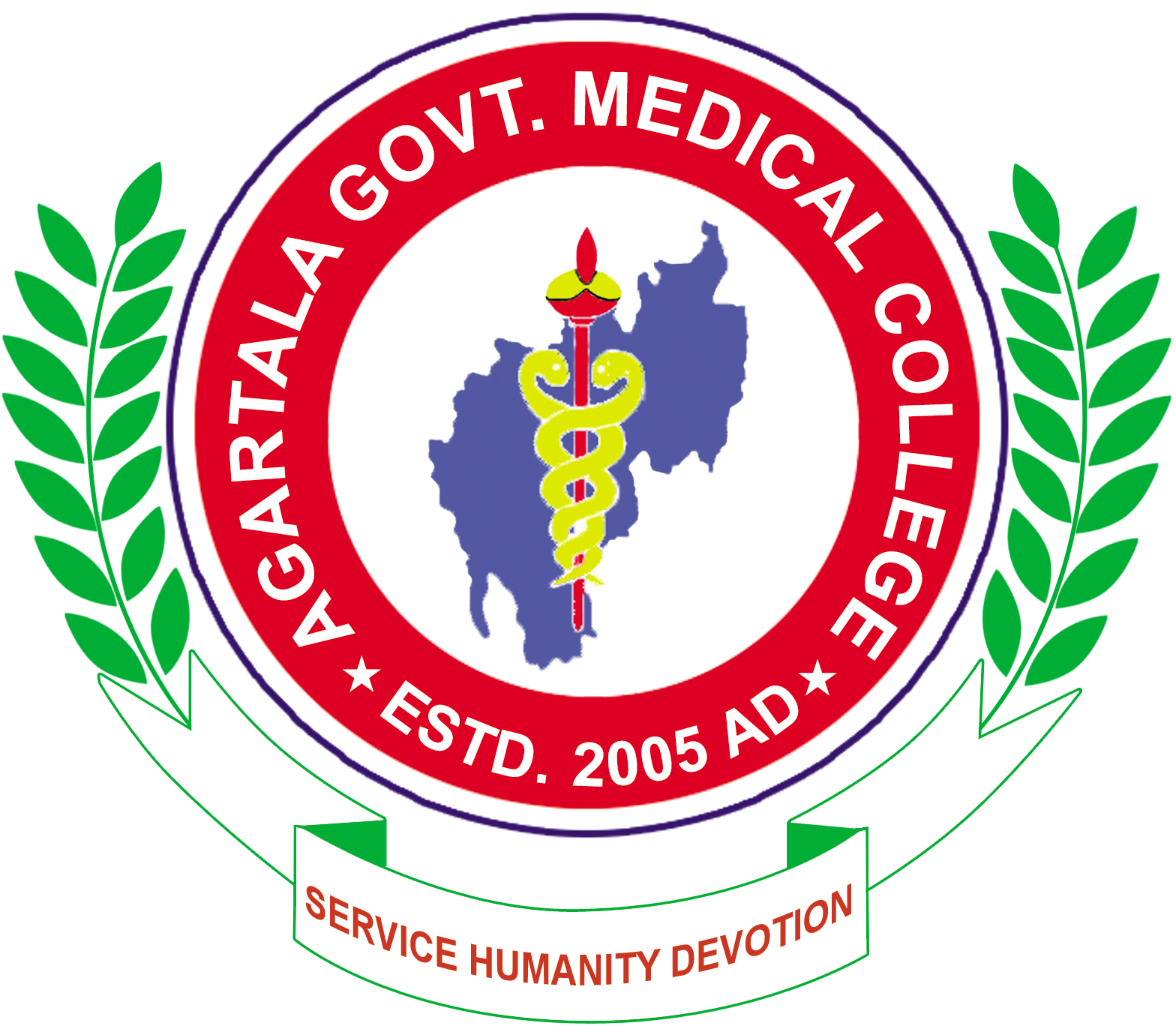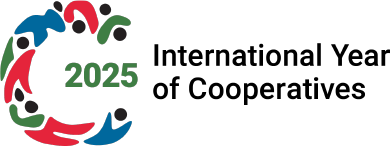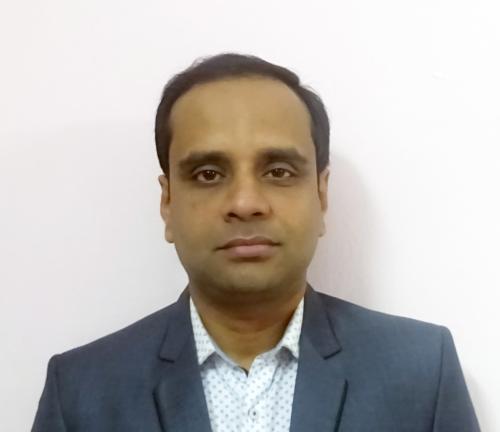Department of Pharmacology
The Department of Pharmacology at Agartala Government Medical College (AGMC) is integral to medical education, focusing on the study of drugs and their effects on the human body. Below is an overview of the department:
1. Academic Curriculum:
The department plays a crucial role in teaching pharmacology to undergraduate (MBBS) and postgraduate students (MD Pharmacology). The curriculum includes:
- General Pharmacology: Introduction to pharmacokinetics (absorption, distribution, metabolism, excretion of drugs) and pharmacodynamics (mechanism of drug action).
- Systemic Pharmacology: Study of drugs affecting various organ systems such as the cardiovascular, respiratory, gastrointestinal, nervous, and endocrine systems.
- Clinical Pharmacology: Application of drugs in clinical settings, focusing on safe and effective use, drug interactions, adverse effects, and pharmacovigilance.
- Toxicology: Study of harmful effects of chemicals, drug overdoses, and poisons, along with their treatment.
- Therapeutics: Rational drug use and prescription writing, tailored to different diseases and patient populations.
2. Laboratories and Research:
The department is equipped with modern labs for practical learning and research in pharmacology:
- Experimental Pharmacology Lab: Focuses on studying drug effects in controlled environments, often using simulations and animal models to demonstrate drug actions.
- Clinical Pharmacology Lab: Involves hands-on training in drug monitoring, bioavailability studies, and therapeutic drug evaluations.
- Pharmacovigilance Unit: Tracks adverse drug reactions (ADRs) and monitors drug safety, making students aware of the importance of post-marketing surveillance of drugs.
- Research Opportunities: Faculty and students engage in research on drug efficacy, drug-drug interactions, and the development of new therapies for various diseases.
3. Faculty:
The department has a team of qualified faculty members who are experts in pharmacology and therapeutics. They guide students through both theoretical knowledge and practical application, with a focus on evidence-based medicine.
4. Workshops, Seminars, and Conferences:
The department regularly conducts workshops and seminars on:
- Rational Prescribing: Emphasizing the importance of using evidence-based approaches to prescribing drugs.
- Pharmacovigilance: Highlighting the importance of drug safety and ADR reporting.
- New Drug Development: Focusing on the processes involved in bringing a new drug to market, from discovery to clinical trials.
- Clinical Trials: Introducing students to the phases of clinical trials and ethical concerns in drug testing.
5. Facilities and Resources:
The department offers several facilities to enhance learning:
- Lecture Halls: Equipped with modern teaching aids for interactive and engaging lectures.
- Pharmacology Lab: A well-equipped lab for performing various experiments related to drug action and toxicity.
- Library Resources: Access to an extensive collection of textbooks, research journals, and databases related to pharmacology and therapeutics.
6. Research and Publications:
The department encourages faculty and students to conduct research and publish papers. Areas of research focus include:
- Drug development and clinical trials.
- Pharmacogenetics and personalized medicine.
- Adverse drug reactions and pharmacovigilance.
- Studies on antimicrobial resistance and drug interactions.
7. Student Involvement:
- Practical Learning: Students participate in experiments related to drug actions, dose-response curves, and therapeutic applications.
- Research Projects: Opportunities for undergraduate and postgraduate students to engage in research projects under the mentorship of faculty.
- Community Outreach: Involvement in pharmacovigilance programs and health camps for educating the public on safe drug use.
8. Collaborations:
The department collaborates with pharmaceutical companies, hospitals, and research institutions for clinical trials, drug safety monitoring, and research projects.
9. Future Directions:
The department is focusing on:
- Expanding research in drug development and clinical pharmacology.
- Integrating newer methodologies like pharmacogenomics and bioinformatics.
- Introducing certificate courses in clinical research and pharmacovigilance.










